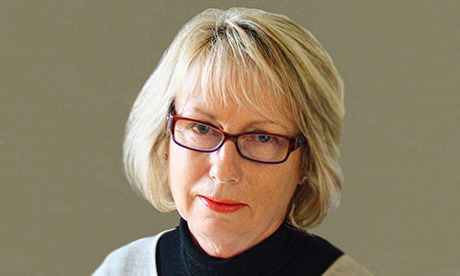The British parliament is ready to discuss euthanasia very soon. Even Lord Carey, the retired Archbishop of Canterbury finds merit in the argument for voluntary euthanasia. Other nations are already committed. I
It’s clear that New Zealand will one day vote in a voluntary euthanasia law.
But the ‘slippery slope’ from voluntary euthanasia to non-voluntary euthanasia can’t be avoided once the initial limited voluntary act is passed. Why so?
Voluntary euthanasia is presumed the ultimate act of self-determination. Current society is well primed to accept as an absolute good the right of individuals to do whatever they like with their own bodies.
Likewise individuals should decide for themselves the limits of their personal suffering and may select voluntary euthanasia to end their pain. But this promised autonomy is an illusion.
The individual who requests euthanasia is not realising autonomy but rather relinquishing it to medical experts.
He or she is exchanging the apparent tyranny of the natural lifespan for the power of the medical expert to permit or deny. He or she has relinquished personal subjectivity to science unto death.
The medical expert who legally practices euthanasia has already accepted that euthanasia is a merciful good for suffering patients. Therefore legal voluntary euthanasia which is undeniably a direct killing would be included within the medical principle of beneficence; a principle which once rejected direct killing as maleficence.
Medical beneficence can be defined as those actions and intentions of the medical profession to do that which is good for the sake of their patients.
There is now no reason why the principle of beneficence now inclusive of euthanasia as a direct killing could not be bestowed on the incapacitated patient as a good they would have consented to if they could. Active consent becomes presumed consent and we have a ‘slippery slope’.
Individuals seeking voluntary euthanasia empower the medical expert with the information as to why they request euthanasia. This information can be compared to the lives of incapacitated persons who are unable to give their own personal consent.
The various conditions, illnesses and psychiatric disorders which inflict the quality of individual lives of those seeking voluntary euthanasia can be used to mark out those persons who would if they could consent to euthanasia.
Consent then can be understood as a window of opportunity simply missed by these incapacitated patients. Within the new informed principle of beneficence no one need put up with suffering anymore.
To this end the experts focus is the measure of qualities lost and limitations born in suffering; the personal dignity of a human life is measured by changeable and extrinsic criteria. Like Alice Down the Rabbit Hole we could eventually find ourselves in a very strange sort of world.
The fact is non-voluntary euthanasia is embedded within the presenting concept of voluntary euthanasia as both swill from the same utilitarian trough.
Public opinion in New Zealand is empathetic toward euthanasia with support around 70%.
But Hospice New Zealand, who are specialists in palliative care of the dying oppose voluntary euthanasia.
The Catholic Church will always oppose it. As GK Chesterton said the Church “saves a man from the degrading slavery of being a child of his age.”
- Lynda Stack graduated as a distance student with a BTh from Good Shepherd College. She is now studying for a Masters at the JPII Institute in Melbourne. Lynda is married. She and her husband have two adult children who are living overseas.
News category: Analysis and Comment.




